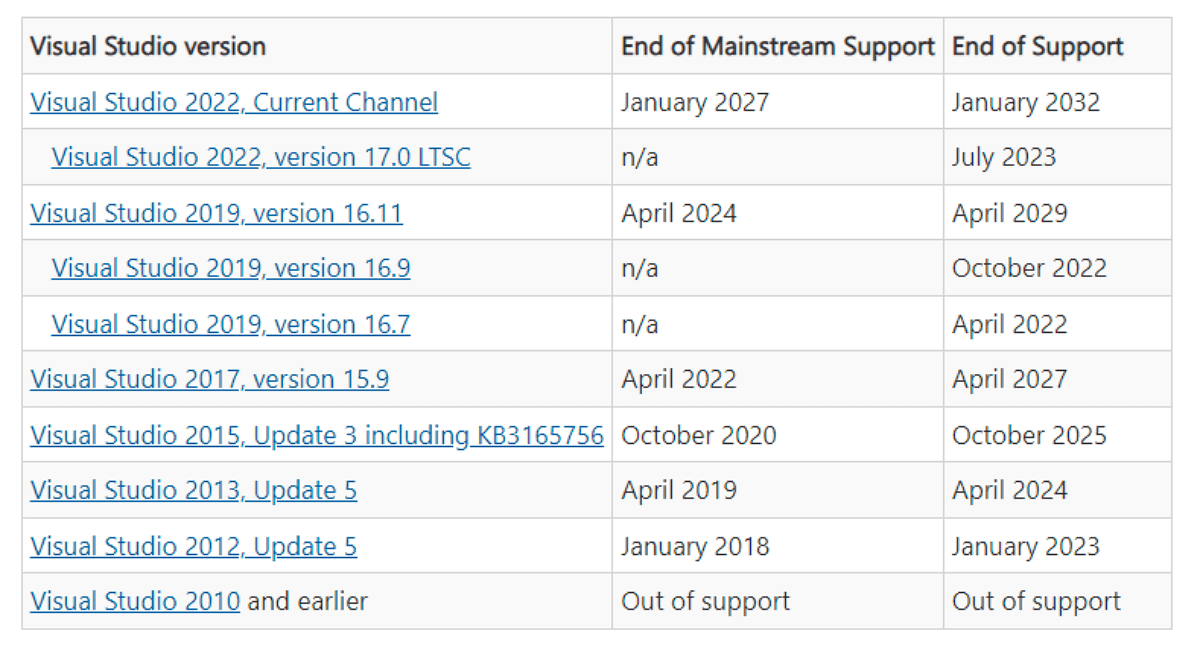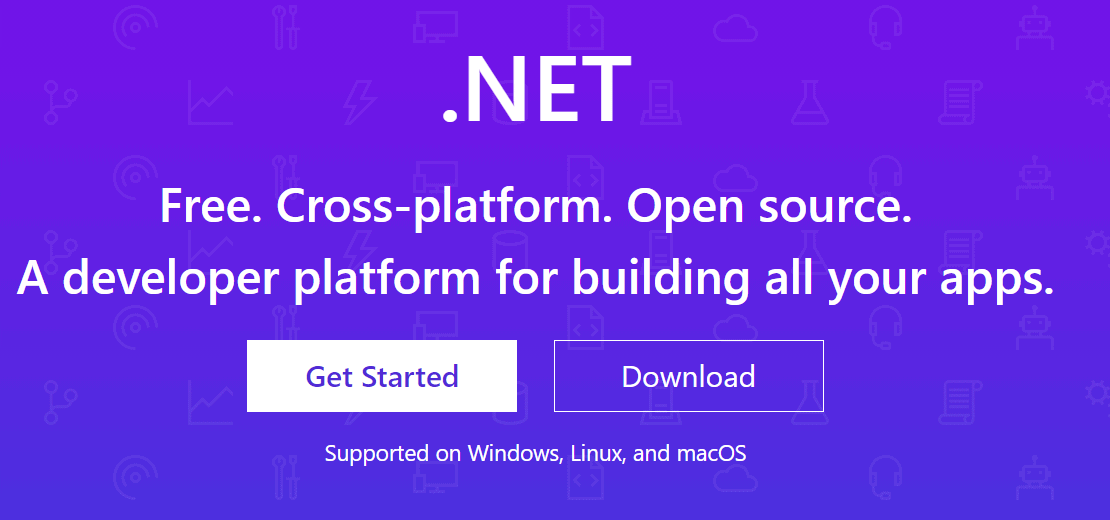Google Page Speed Service, Website Optimization Service
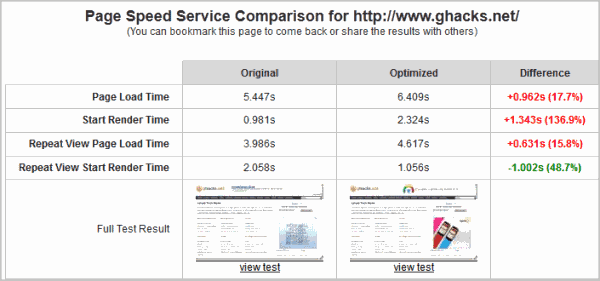
Google just announced the availability of the webmaster related service Page Speed Service. You may remember that the company started to introduce its Page Speed service about two years ago which provided suggestions to webmasters and developers on how to improve the page loading times of their websites and web services.
The Page Speed Service is a new addition to the Page Speed family. It basically acts as a proxy, or content delivery network for the website. The benefits according to Google lie in the 25% to 60% improvement range.
Google Page Speed Service is not as complicated to setup as a content delivery network. It does however require a change of nameservers at the domain registrar or web server. The DNS entry needs to point to Google. Here is what the service does:
Page Speed Service fetches content from your servers, rewrites your pages by applying web performance best practices, and serves them to end users via Google's servers across the globe. Your users will continue to access your site just as they did before, only with faster load times. Now you don’t have to worry about concatenating CSS, compressing images, caching, gzipping resources or other web performance best practices.
Probably the biggest advantage over a CDN and local optimizations is that it is less complicated and time consuming. All that it takes is to change the DNS server to make use of recommended speed optimization settings and features such as compression, caching or merging of CSS files.
Google has created an online tool to test the page loading time of the website and the optimized website. A form is displayed on the Web Page Test site. Webmasters need to enter the url of a website that they want to test into the form. The process will take several minutes to complete.
The results page displays the page load time, start render time of the page, repeat view page load time and repeat view render time of both the normal and optimized website.

A test on Ghacks revealed that the optimized service would take longer to load and render. That's likely because Ghacks is highly optimized for fast page loading times. It could also be because of different kinds of ads that were displayed during the optimized page's loading.
The very same page displays a visual comparison of both page loading times. This could be interesting to analyze both states in detail.
A comparison for another website turned out to be more favorably.
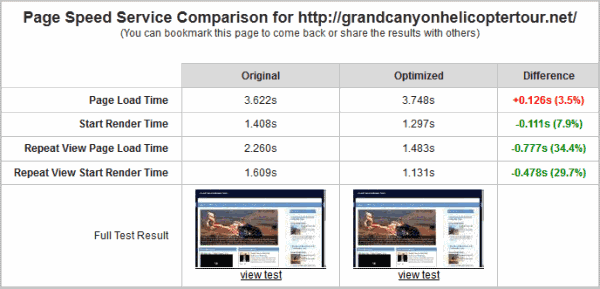
This highlights that it is important to check individual websites to make sure that they might benefit from Google's Page Speed Service.
A click on View Test displays detailed information about the conducted tests. The information display median values and detailed information from Google's Page Speed tool. Webmasters can use the information to analyze unoptimized areas of their website.
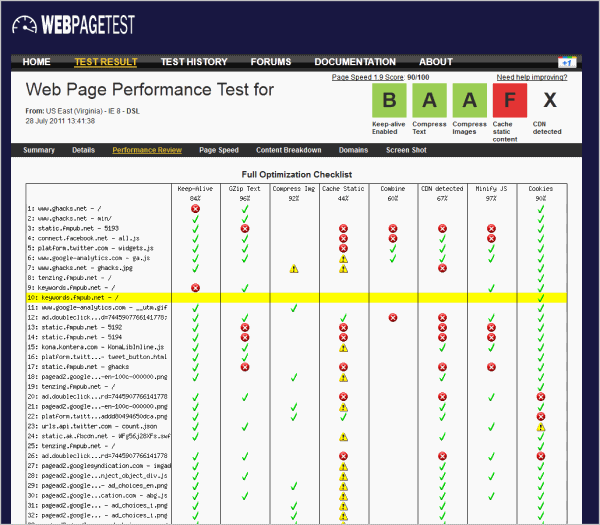
Google plans to offer the service with "competitive" pricing. For now, it is open to a limited set of webmasters free of charge. Webmasters and developers who are interested in testing Google's Page Speed Service can apply by filling out a web form over at Google Docs.
The form requires an email address of a Google Account, a website url that domain ownership needs to be verified if accepted into the trial and the approximate page views per day that the website gets. There is no guarantee of inclusion. Google has not yet revealed the pricing, it will be interesting to see how "competitive" it will be in comparison to content deliver networks.
The official announcement can be accessed here.





